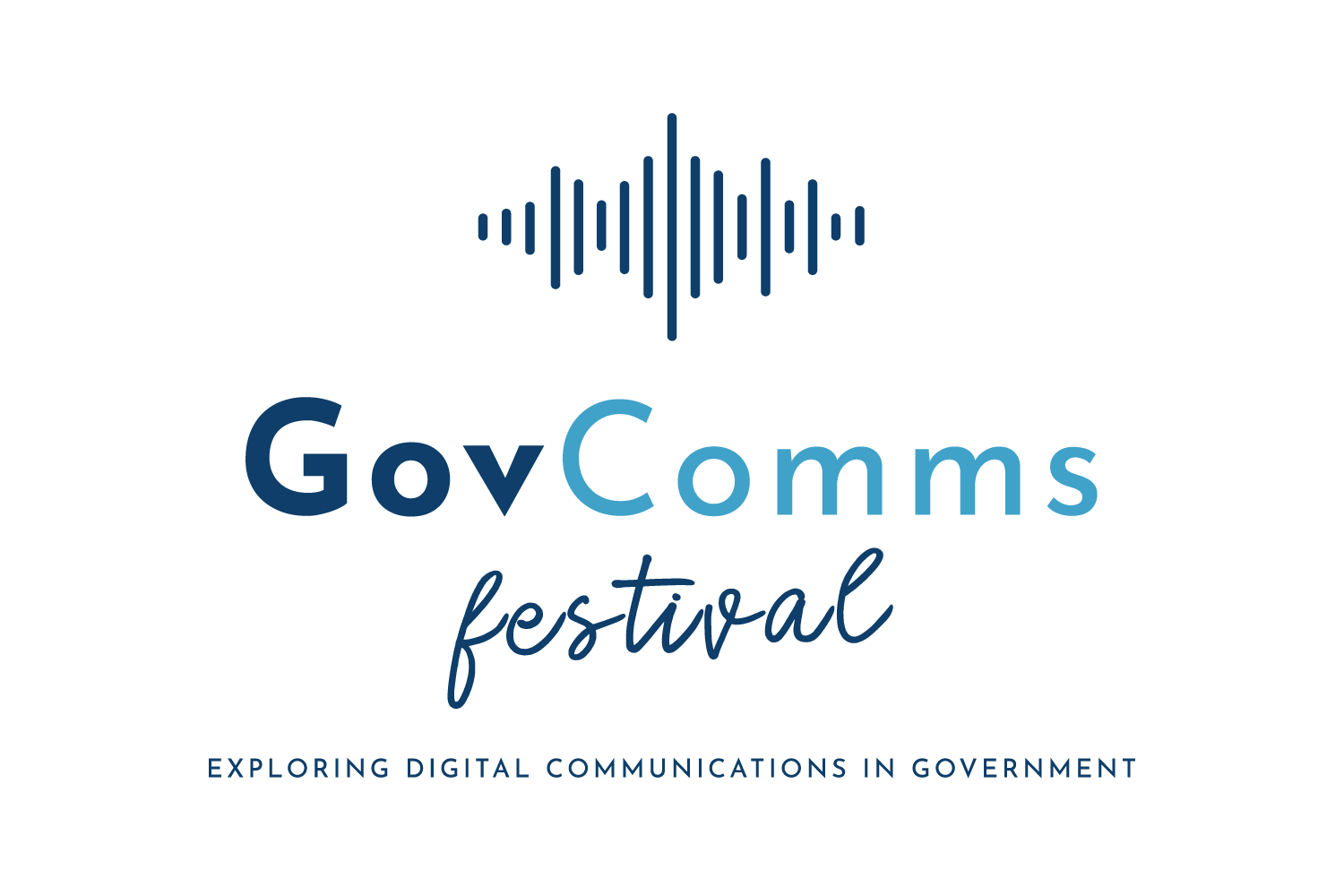
- This event has passed.
GovComms Festival
Event Navigation

GovComms Festival is an online event, bringing together public sector professionals to connect, engage and learn about new methods of communicating.
This year’s inaugural GovComms Festival is part of the OECD’s Government After Shock global dialogue.
Key topics for discussion will include foresight, strategic planning, digital transformation, innovation and design thinking in the public sector.
We will be asking:
- How is the government communication landscape changing?
- Which communication methods and processes are we leaving behind?
- What should government communicators be doing differently from now on?
The event will comprise workshops, panels and presentations that highlight ways to engage directly with citizens.

Event reflections
These reflections are from the event host.
Summary of the event
The GovComms Festival is the world’s first virtual government communication conference, held as part of the OECD’s Government After Shock global dialogue on 17 November 2020. It is an opportunity for government and public sector communicators from all over the world to share their experience of the pandemic and discuss the future of government communication beyond 2020.
This very first GovComms Festival is the stepping off point for a new conversation about the role and
function of communication in government and the public sector. In the face of great challenges, governments must encourage an adaptive mindset in public servants to build and sustain high performing teams.
The GovComms Festival will ‘follow-the-sun’ and run for 24 consecutive hours, people from around the world are able to experience the event in their local markets during business hours, allowing the festival to feature as much diversity as possible. The GovComms Festival education partners, Griffith University have matched the challenge and will present an education program to run for 24 hours.
What was the most powerful idea, insight or realisation that came out of the event?
The key highlight has been that the government communication function has been under-utilized and there is scope for future development, especially the use of digital media and effective listening during crisis.
Below are key outcomes from some of the talks:
a. Understand how to implement an ‘architecture of listening’ on a large scale.
b. Need for diversity of skills that community engagement practitioners have and how this can positively impact our democratic processes
c. Learn about the values of Gen Z and the social issues that are most concerning to this group
d. Know why it is vital that government communicators and leaders take their seat at the culture table.
e. Understand opportunities for global partnerships to improve knowledge sharing within the communities
f. Understand the positives, risks and barriers to the implementation of social media as a communication platform
g. List the skills required in order to be a successful new-gen communications professional
h. Recognise the importance of mental health at work with a supportive team environment.
What do we collectively need to keep talking about?
a. The use of traditional media (over digital platforms) going forward?
b. Is it important to listen to citizens before framing communications during crisis situations?
c. What are the skills required for the new-gen communications professional in the different government departments?
d. How do we monitor and look after people’s mental health during crisis (especially with virtual working as the new norm)?
e. How do we integrate and utilize technology in our communications?
f. Importance of adapting innovation as a practice for government professionals.
g. How do we deal with issues brought about by digital platforms, such as misinformation?
h. Role of industry advertising while marketing products ethically especially during crisis.
Reflecting back on the event, what key insights or conclusions can be shared about what should be “left behind” beyond the crisis? (ex. What has proven to no longer fit in the current context?)
a. Using digital platforms (or social media) as the mode of communication with citizens directly
b. Creating online communities for mental health support for citizens during crisis
c. Learn new skills, such as deeper listening, two-way communication, flexibility, adaptability to
technology.
d. More inter-department collaboration.
e. Communicating with honesty, integrity and empathy in emergency situations
f. Learning from the other international governments
g. Protecting and improving internal communications within teams, while dealing with a crisis
h. Integrate science learnings in our communications
Reflecting back on the event, what key insights or conclusions can be shared about what should be “kept” beyond the crisis? (ex. What has proven to be important, what were things introduced in crisis response that should be kept after?)
See above.
Reflecting back on the event, what key insights or conclusions can be shared about what collectively we should “do differently” beyond the crisis?
See above.


Recent Comments